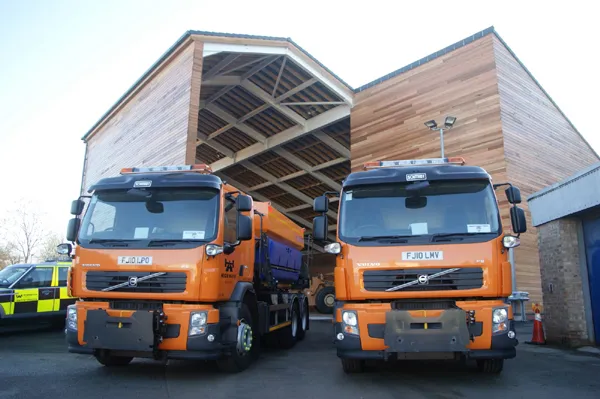Councils in England will be given more than £100 million (€e117 million) of extra funding to spend on repairing potholes, Transport Secretary Philip Hammond has said.
February 21, 2012
Read time: 2 mins

Councils in England will be given more than £100 million (€117 million) of extra funding to spend on repairing potholes, Transport Secretary Philip Hammond has said.
The funding is in addition to the £831 million (€973 million) already provided to councils for road maintenance this year and the £3 billion (€3.5 billion) the government has committed over the next four years.
The severe weather at the end of 2010 has left many local roads in a poor condition. Every local authority has a responsibility to properly maintain their roads, including planning winter resilience measures, but the exceptional weather has caused significant additional damage.
The Transport Secretary said: “Millions of motorists across the country have their daily drives ruined by potholes. And the awful winter weather we had this year is only going to make that problem worse.
“That is why, despite the tough financial position we are in, we are going to give councils over £100 million extra to help carry out much needed repairs to England’s roads.
“I am determined to see the winter damage to our roads fixed as quickly as possible and we will be working with councils to make sure that happens.”
The cash injection comes as the latest data available from the UK’s5432 Department for Transport (DfT) shows a decrease in road quality across the country. The DfT’s Highways Condition Index for all classified roads in England has fallen from 100 in the 2008–2009 period to 98 for the 2009–2010 period, an indication there has been a deterioration in road conditions.
Meanwhile, just prior to the bad winter, the1530 Balfour Beatty Mott MacDonald joint venture, which maintains motorways and major roads in the Counties of Somerset, Wiltshire, Gloucestershire and the city of Bristol area on behalf of the 1441 UK Highways Agency, opened the newest, and one of the UK’s largest salt barns.
The barn at Bamfurlong, near Gloucester, is 11m high, and cost some £500,000 (€585,600) to build.
The funding is in addition to the £831 million (€973 million) already provided to councils for road maintenance this year and the £3 billion (€3.5 billion) the government has committed over the next four years.
The severe weather at the end of 2010 has left many local roads in a poor condition. Every local authority has a responsibility to properly maintain their roads, including planning winter resilience measures, but the exceptional weather has caused significant additional damage.
The Transport Secretary said: “Millions of motorists across the country have their daily drives ruined by potholes. And the awful winter weather we had this year is only going to make that problem worse.
“That is why, despite the tough financial position we are in, we are going to give councils over £100 million extra to help carry out much needed repairs to England’s roads.
“I am determined to see the winter damage to our roads fixed as quickly as possible and we will be working with councils to make sure that happens.”
The cash injection comes as the latest data available from the UK’s
Meanwhile, just prior to the bad winter, the
The barn at Bamfurlong, near Gloucester, is 11m high, and cost some £500,000 (€585,600) to build.






